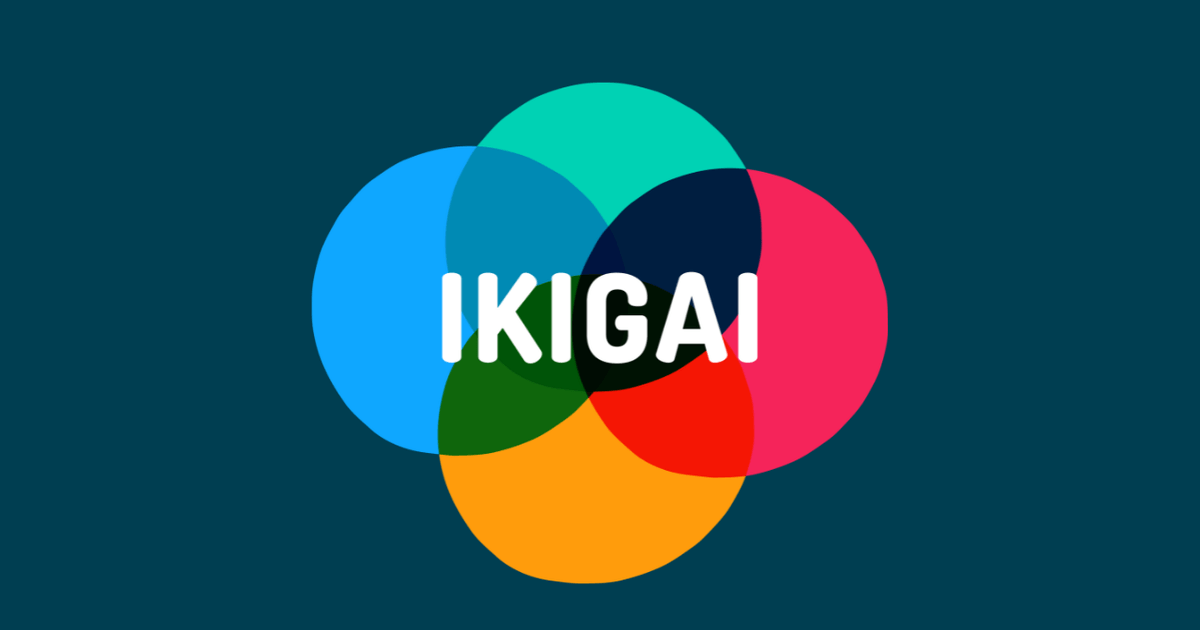Introduction to the Concept of Ikigai
The concept of Ikigai, originating from Japan, refers to the “purpose of life” or “reason for being” that gives meaning to existence. It is a principle that unites four essential elements: what we love, what we are good at, what the world needs, and what we can be paid for. When applied to education, Ikigai can be a powerful tool to help children and young people discover and develop their life purposes from an early age.
The Importance of Ikigai in Early Childhood Education
Integral Development
Incorporating Ikigai into early childhood education promotes the integral development of children. They learn to recognize their passions and talents, and to understand how they can positively contribute to society. This process fosters self-awareness and self-esteem, crucial elements for healthy development.
Educational Methodologies
Using methodologies that integrate Ikigai in education can involve practical activities, such as projects based on personal interests, group discussions about values and aspirations, and self-reflection exercises. These practices encourage students to explore their own identities and develop a clear sense of purpose.
Applying Ikigai in Elementary Education
Interdisciplinary Projects
Interdisciplinary projects are an excellent way to apply the concept of Ikigai in elementary education. These projects can be designed to connect students’ personal interests with community needs and the school curriculum, promoting more meaningful and engaged learning.
Project Example
An example of a project could be creating an environmental campaign. Students identify a local environmental problem, investigate its causes, and propose solutions. This type of activity not only teaches academic content but also allows students to discover how their passions and skills can be used for the common good.
Ikigai in High School: Preparing for the Future
Vocational Guidance
In high school, Ikigai can be integrated through vocational guidance programs that help students identify their passions and talents and explore how these can translate into meaningful careers. Sessions with professionals, company visits, and internship projects are some of the strategies that can be used.
Importance of Personal Reflection
Encouraging students to reflect on their experiences and aspirations is essential. Tools such as reflective journals and personal development portfolios can be very useful. These practices help young people consolidate their discoveries and plan their future steps with more clarity and confidence.
Conclusion
Integrating the concept of Ikigai in education is a powerful approach to guide children and young people to find and develop their life purposes. This process not only enriches academic learning but also contributes to the personal growth and well-being of students, preparing them for a full and meaningful life. Through practical methodologies, interdisciplinary projects, and vocational guidance, educators can help students discover their Ikigai and chart paths that resonate with their values and passions.
Books That Can Help!
Ikigai: Life’s Purpose By Chiemi Souen (Autor), Flor Kaneshiro (Ilustrador)

Guiding Youth to Purpose


Deixe um comentário